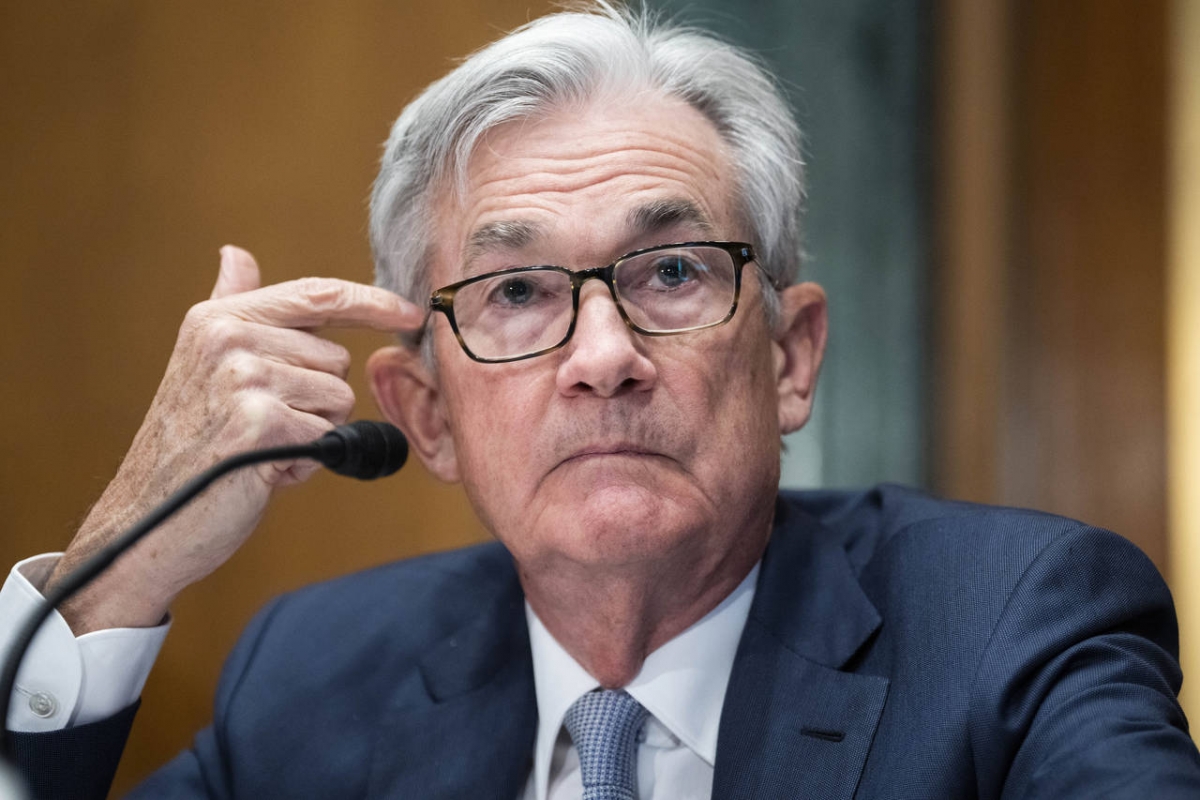Central banks face challenges in setting a "Goldilocks" policy
Central bankers continue to claim that inflation can be tamed without causing recessions.

The market seems to be putting a pretty high probability on recession, as opposed to hold-out central banks like the FED.
The FED, for instance, paints this Goldilocks- type picture of an economy that cools, but not so much that a recession strikes. However, if there’s an imaginary character that the market has in mind when it comes to central banks, it is more like Pinocchio and less like Goldilocks.
Why does the market think that the FED Chair’s nose is lengthening, Pinocchio style, when it comes to recession risks? For one, the FED’s track record in forecasting has taken a severe blow because of the surge in inflation. Of course, other central banks have suffered the same fate, and the private sector too can hardly claim success in predicting the surge in prices. But at least the market seems to be putting a pretty high probability on recession, as opposed to hold-out central banks like the FED.
A second factor is that central banks are notoriously bad at engineering soft landings; it is not that we are claiming it is an easy task. In the current environment, it looks decidedly out of reach because inflation has risen so much, plus there is this huge uncertainty about the supply side of the economy that we have not experienced for decades. If all central banks had to do to reduce the inflation threat was to lower rates to bring demand down to some sort of "knowable" supply level, then their job would be a lot easier.
Instead, they are having to reduce demand at a time when supply chain difficulties mean that gauging where aggregate supply might lie is practically impossible. Because of this supply uncertainty, central banks could undershoot in their policy response, but Mr. Steve Barrow, Head of Standard Bank G10 Strategy thinks they are much more likely to overshoot.
A third factor is that policymakers are understandably reticent to talk about recessions because such alarmist talk could provoke a sharp decline in business and consumer confidence and help cause the recession that central bankers are seemingly so keen to avoid.
While it is understandable that central banks play down the risks of recession, investors have to position themselves on the basis of what is likely to happen, not what central bankers injudiciously say should happen. If we assume that investors will increasingly position for recessions in major developed nations, how is this likely to impact the performance of assets such as equities, bonds, and FX?
In theory, at least, equities should arguably be further along the recession-discounting curve than other markets, as the signs of downturn reveal themselves early on in the profit expectations of companies. The 20%- plus fall in global stocks so far this year might make us think that investors had adequately discounted all the bad news to come on economic performance, leaving stocks ripe for a recovery.
But Mr. Steve Barrow doesn’t really take this view based on valuation metrics, particularly in the US, and the fact that previous recoveries have been sparked by sharp monetary policy easing; something that is off the radar screen at least for this year and probably for much of next year. Hence, he sees stocks slipping further. Bond markets are in the trickiest place of all assets given the juxtaposition of inflation and recession risks. So far, the former has won out, and that’s going to continue to be the case, at least through the rest of this year. It implies higher yields reflect not just persistent inflation but also central bank quantitative tightening, notably from the Fed.
Lastly, for FX, Mr. Steve Barrow could argue that all the major countries face the same risks, and so the currency connotations are limit ed. That’s true to a certain extent, but if this whole global macro and asset price backdrop implies the persistence of investor caution, the dollar still looks likely to sit at the top of the pile as its safe asset qualities shine through.








